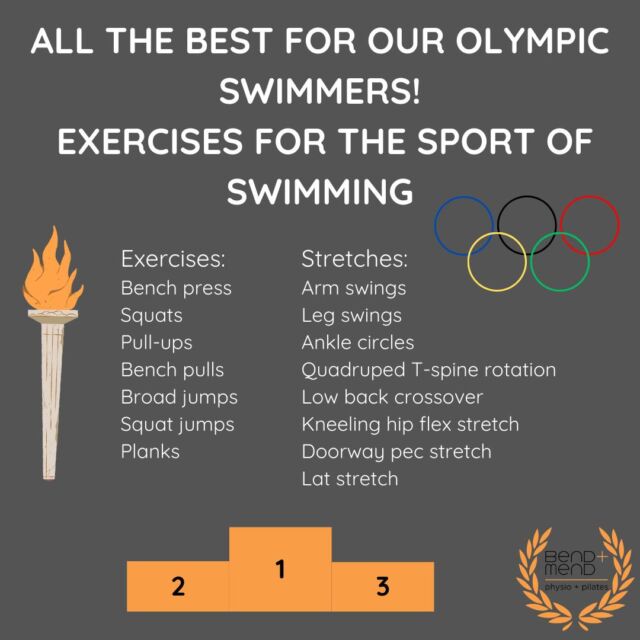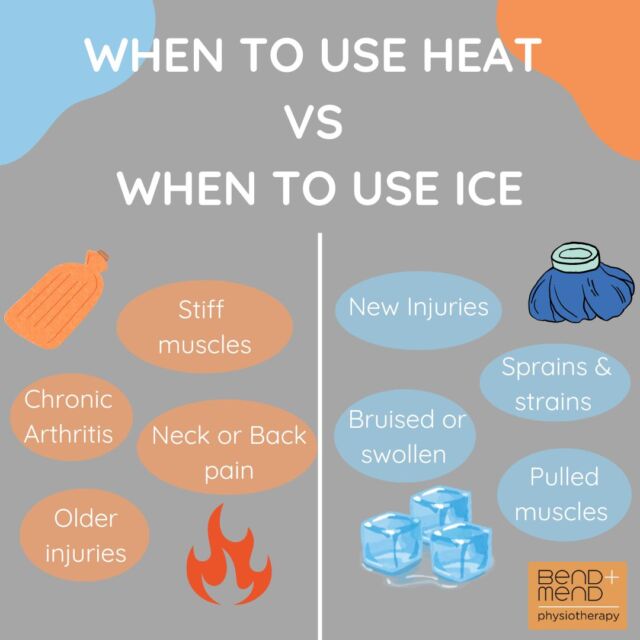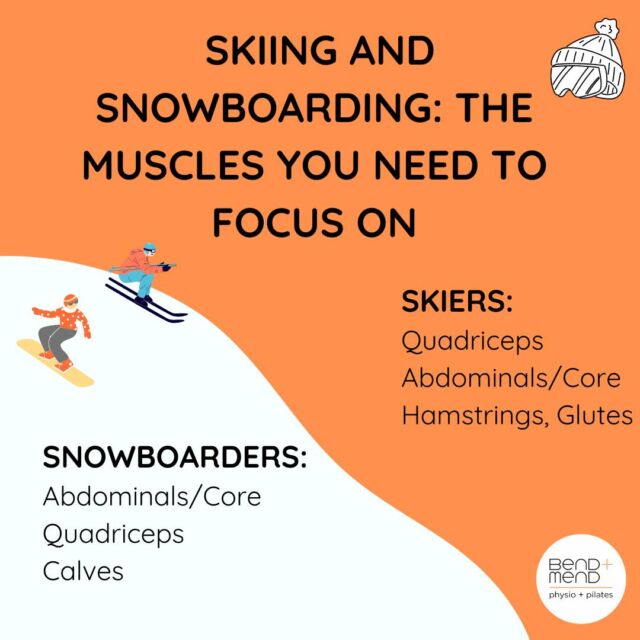Many patients walk into Physiotherapy after being told that they have a “Frozen shoulder”, however they usually have no idea what this means, how it happened or how long it will stick around for.
Frozen shoulder, clinically referred to as Adhesive Capsulitis, is a very commonly diagnosed problem and it is extremely important that a thorough assessment of the shoulder is performed to make sure that the diagnosis is correct and that other issues are ruled out.
Unfortunately, all of the ins and outs of this very painful condition are not fully understood and therefore diagnosis and treatment can be a bit tricky. What we do know is that the capsule surrounding the shoulder (or Glenohumeral) joint becomes inflamed and stiff causing a very limited range of shoulder movement. It can occur in any shoulder however is much more common in middle aged women and has been linked with histories of thyroid disease and diabetes.
Frozen shoulder often coincides with some sort of injury or stress to the shoulder, however, does occasionally occur without any known cause.
Frozen Shoulder generally undergoes 3 stages of progression:
- Freezing Stage: This phase is the most painful and involves increasing pain with movement or even at rest and usually difficulty finding a comfortable and pain free sleeping position, especially lying on the ‘frozen’ side. There is also gradual reduction in range of shoulder movement.
- Frozen Stage: During this stage the extreme pain felt initially may start to diminish, however this is when the range of movement becomes worse and the shoulder becomes ‘stuck’ and stiff in all directions. Some common problems noticed are inability to reach into your back pocket or put your hand behind your head.
- Thawing Stage: The frozen shoulder is now beginning to resolve. There is often no longer any pain and the movement slowly begins to return.The length of time from the beginning of freezing and end of thawing varies considerably, however, each stage commonly lasts for at least 3 months and the entire process has been known to take up to 18 months to resolve.
Frozen shoulders often occur along with other underlying issues and at times develop as a result of a previous shoulder injury which was not properly diagnosed or treated. It is important should you be experiencing any pain or restriction in your shoulder that you see a Physiotherapist for a thorough assessment.







